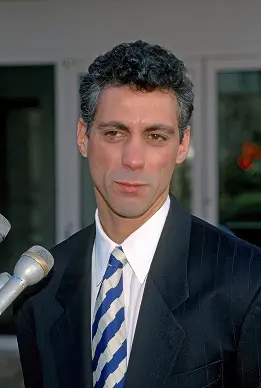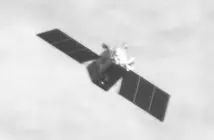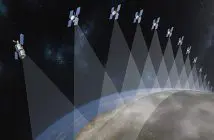
Written by staff writer.
The United States Ambassador to Japan has contrasted the productive and friendly space relationship between the US and Japan with China’s attempts to “dominant’ space.
Trotting out the well-worn “we have no better friend” line to a Japanese audience at the recent SpaceTide conference in Tokyo, Ambassador Rahm Emanuel praised how Japan and the United States worked together to build the space sector. “We are in a space race,” he said. “But we are doing something as allies. It’s not an accident that China is doing their space exploration not in the spirit of collaboration or cooperation, but for dominance.”
“China is exploring space not to share information to enhance human knowledge, but with the spirit of domination and weaponization. The partnership between the United States and Japan versus the approach of China or Russia speaks volumes.
The Ambassador’s comments came at the tail end of a speech at the conference in which he highlighted the governmental-level space activity between the United States and Japan. He called the last 18 months an “incredible period of collaboration” between the two countries and their space agencies, NASA and JAXA. In the last year, Emanuel said both countries had signed the Framework Agreement for Cooperation in the Exploration and Use of Outer Space, another agreement to explore the moons of Mars, and he said Japan was the first country to sign on to extending the life of the ISS to 2030. “NASA’s partnership with JAXA is unparalleled across the globe,” he said.
Emanuel said intense cooperation at the governmental and agency level also significantly benefits Japan’s private space sector and suppliers. Having served as Chief of Staff in the Obama administration, he said at the start, the private space sector in the United States was little more than a vision, “a set of blueprints.”
“About a dozen years ago, there was a vision of SpaceX, but it had not been materialized and realized… that is exactly the same place that Japan’s private space sector is today. The good news for the private sector here in Japan is that you have seen what’s happened in the United States,” he told the SpaceTide audience.
In May, JAXA issued a self-destruct order to its USD1.5 billion Epsilon S rocket after the second-stage engine did not ignite as planned. But Emanuel says the mistakes and setbacks “created opportunities to learn and forge ahead.” The Ambassador said the public and private sectors made mistakes along the way in his home country but learned from them.
He said the opportunities for private enterprise in Japan to partner not just with JAXA but to develop areas of expertise required in the US and European space markets were enormous. “I can’t think of a more exciting time here in Japan for the private sector,” he said.
The Ambassador said the energetic space cooperation between the United States and Japan starkly contrasted what was happening with China. Beyond making money, he said space programs in countries like his and Japan operated in a “different place and on a different plane” to China’s space program.
Image: Rahm Emanuel, United States Ambassador to Japan.





